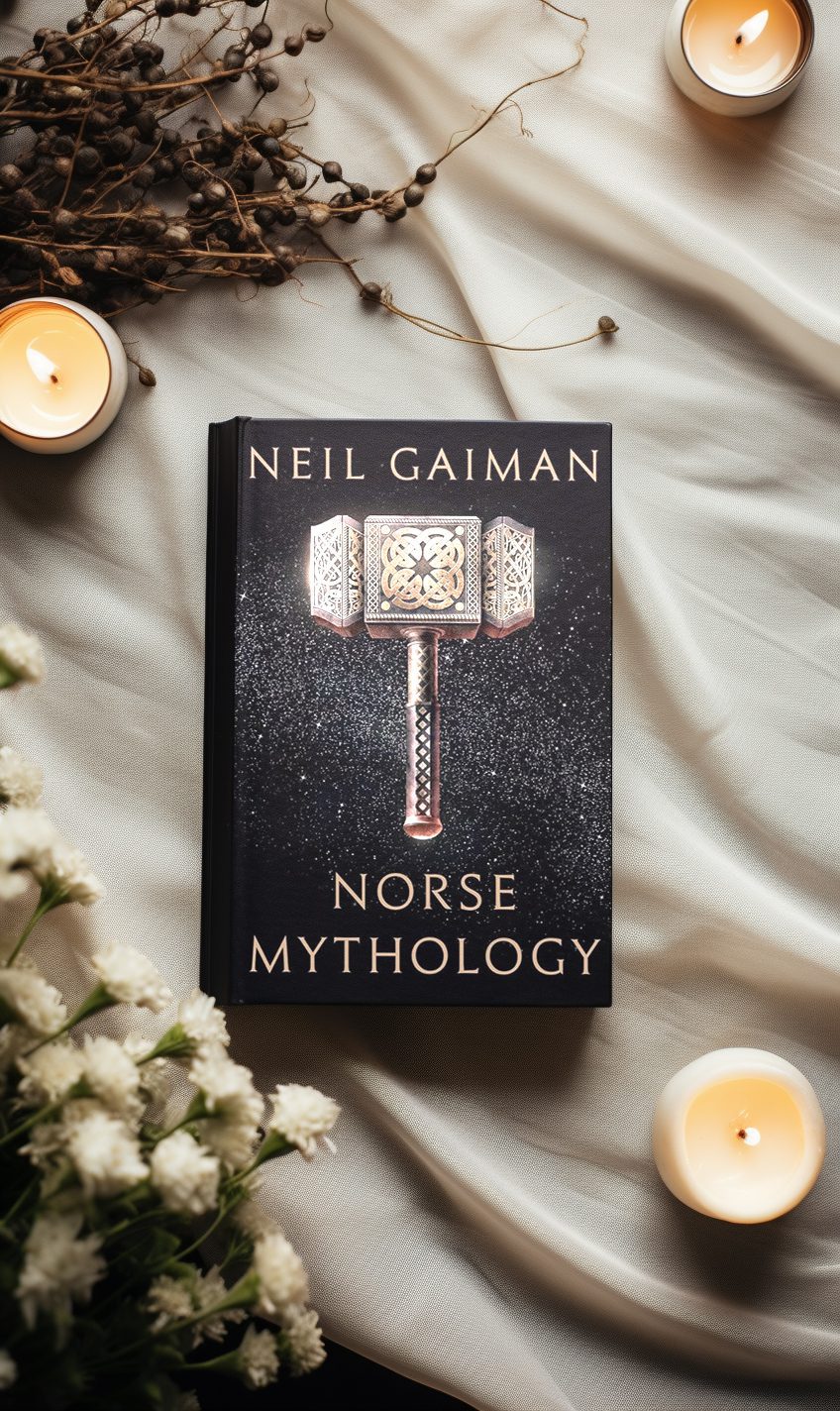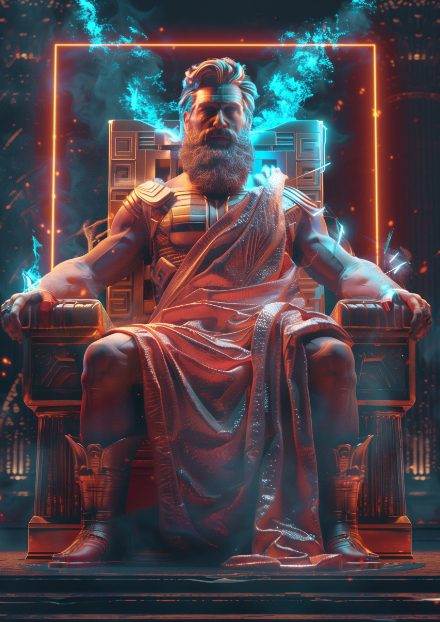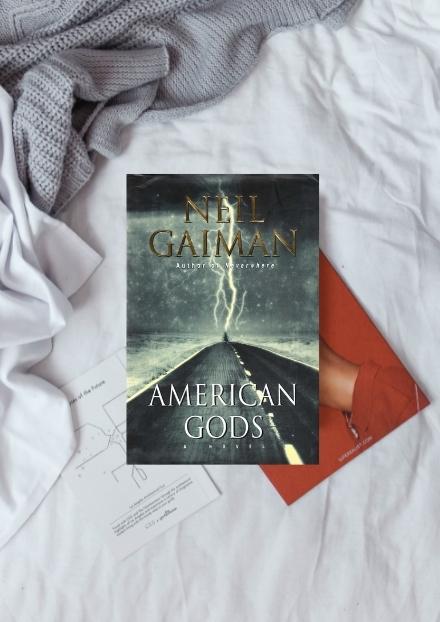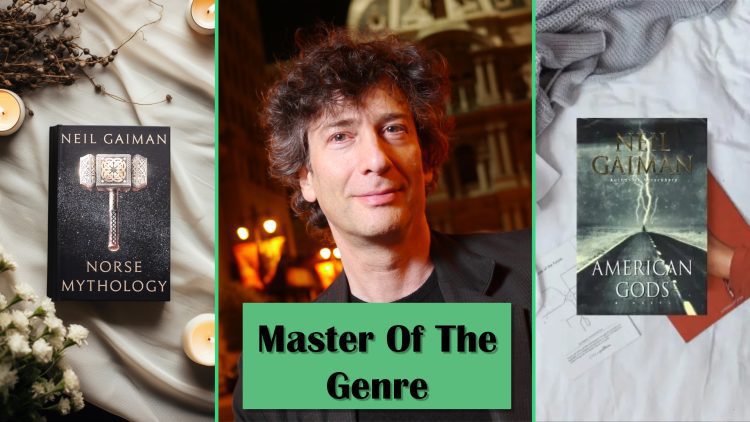Newberry and Carnegie medals. The World Fantasy Award, Bram Stoker Award, Locus Award, British Fantasy awards, and so many more. All of these are what have been awarded to Neil Gaiman for his outstanding works. But one of his most talked about books, or a book that most people have heard of before, is his book Norse Mythology.
Related10 Wonderful Mythology Retellings That Aren’t Greek
The Origins of Norse Mythology

Norse Mythology
Google Books Preview:
Author:
Neil Gaiman
Published:
02/07/2017
Genre:
Publisher:
WW Norton
Number of pages:
256
ISBN:
9780393609097
Polarizing and captivating, his work on Norse Gods is complete and solid. The book stirred up some conflicting conversations as to who exactly owns Pagan myths. The majority of the public seemed very interested in hearing his retelling of the tantalizing tales, but many were mortified to have their religion twisted and turned into a story that they believed misshaped their beliefs.
Gaiman wrote American Gods, and while many were excited to see if Norse Mythology would compare, many did not want their stories to be contorted in any way.
But Gaiman has said,
I’ve tried my best to retell these myths and stories as accurately as I can, and as interestingly as I can.
While being able to stick accurately to myths that have transcended time in itself is a hard feat to accomplish, the story he writes sticks closely and with as much accuracy to the original mythology as much as possible. One is left with a book that re-tells the beloved tales in a witty and captivating way that brings you deep into the world of Norse mythology.
But the book Norse Mythology is not the only time that mythological beings have inspired Gaiman. He used Pagan and Norse gods along with other types of mythology to shape most of his work. From American Gods to Angels and Visitations to Day of the Dead and many other books/scripts/works of fiction, they all have in common their roots in mythology.
Neil Gaiman’s Love of Mythology

It’s clear that Gaiman has a deep interest in mythology. He has been quoted saying
I love myths. I am an absolute myth junkie. I think they are all of them wonderful and delightful, all of them deserve to be retold. But there’s something in the Norse that is dark and weird.
And it seems that this love for the dark and the weird is really what captivated him to study and dive deep into Norse mythology the most.
The author has shared some of his sources for the book Norse Mythology, and he shares that he pulled from the Poetic Edda and the Prose Edda. These are ancient books from Norway that are tied to Skaldic poetry. The Poetic Edda is a record of all the mythological poems and stories and the Prose Edda is kind of like an instruction book Icelandic poets would use to structure and write their myths/poetry.
RelatedDifferences Between Folklore, Myths, and Legends: Are They One & The Same?
When pulling from texts that most likely would have been similar to the texts of writers and creators of the myths, or at least the people who told the myths and wrote them down, we can assume that Gaiman was trying to keep the same spirit and structure of the myths and keep them as authentic as possible.
When a writer goes to that much trouble to keep his retellings as original as possible, you can see his love for Norse mythology.
Turning Interests Into Art

American Gods
Google Books Preview:
Author:
Neil Gaiman
Published:
06/19/2001
Genre:
Publisher:
HarperTorch
Number of pages:
635
ISBN:
9780063081918
Neil Gaiman is called a master of mythology due to the stories he crafts from original myths. He studies and learns the myths, embodying them and finding the weird, the dark, and the truth of the tales.
And because of his love for myths he has created books that are incredibly captivating and worth reading. He takes something that he loves and has made it into a career, and into many outstanding media pieces for us all to consume.
RelatedDivinely Gripping: 10 Must-Read Books About Mythology
So in the words of Neil Gaiman, “The one thing that you have that nobody else has is you. Your voice, your mind, your story, your vision. So write and draw and build and play and dance and live as only you can.” And enjoy the mythology that is headed your way.
















